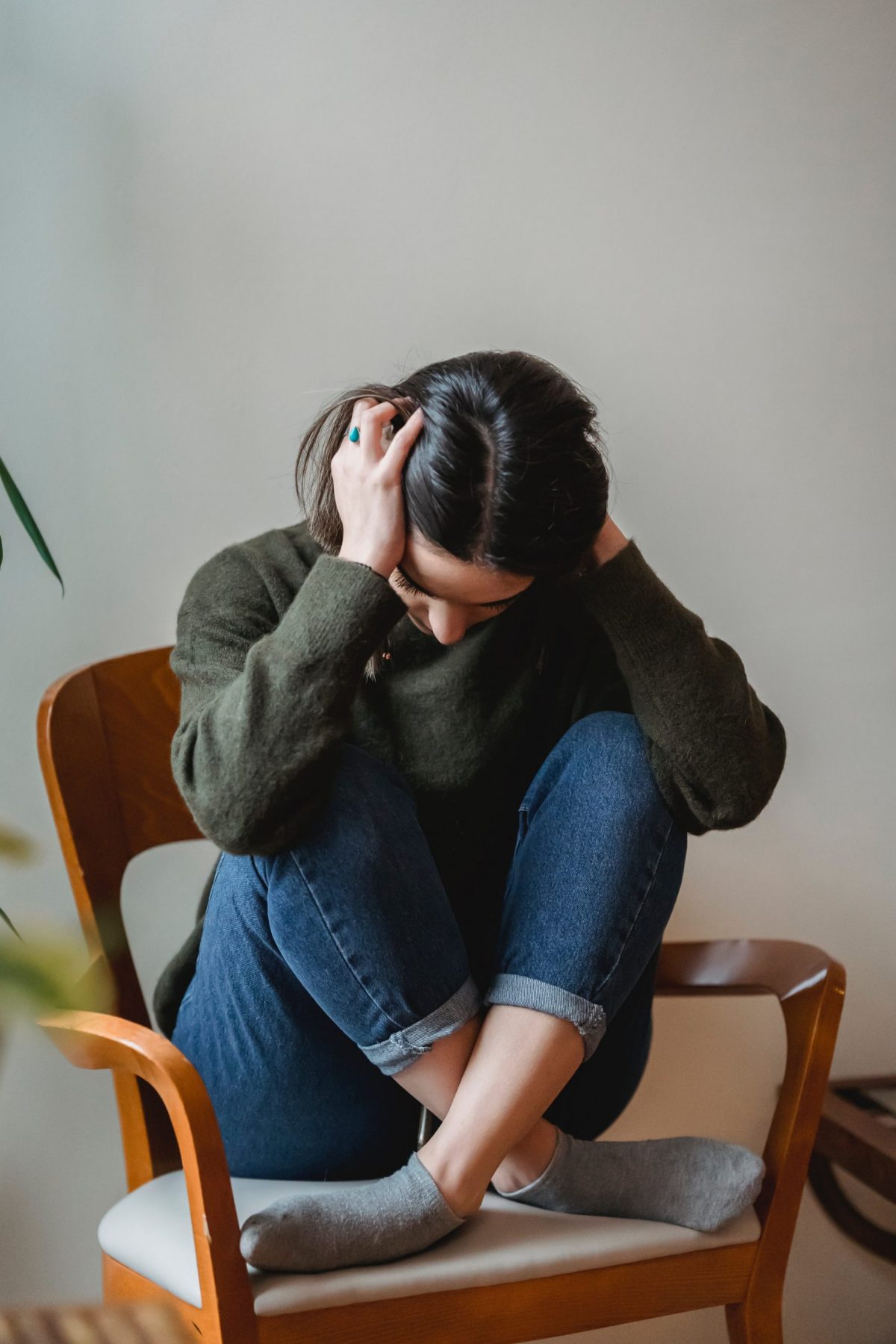There are many kinds of loss that you can experience in your life that aren’t from a bereavement. But that doesn’t mean that you don’t grieve. In much the same way as the grief you experience after the death of a loved one, suffering a loss in your life can still have a devastating impact, and you may be finding it difficult to find your way in this new landscape. Here are five types of loss that aren’t from bereavement that people often struggle with, but don’t talk about.
Loss of a job
If you’re suddenly out of work, or at least no longer earning what you once did, it can be a big hit to your bank account and sense of security. Even if there were problems in the relationship before, losing that job may feel like an identity crisis: Who am I now? How do I define myself now? What will people think about me now?
If your job was meaningful and rewarding on some level, then losing it may leave a hole in the way that other parts of life fill up for us – the same way losing someone close leaves an emotional gap where they used to be part of our lives without even trying very hard!
Relationship breakdown
The end of a relationship, or the end of a marriage, is another form of loss that can come as a shock. The same can be said for the end of any long-term relationship, romantic or platonic.
Relationships that have been abusive and/or emotionally draining are also forms of loss, just like financial strain from supporting someone who isn’t contributing to the household or paying their own way in life (examples: an adult child living at home; parents who refuse to move out).
Life changing illness
Life changing illness is a type of loss that isn’t from a bereavement. It can be an enormous shock to your body and mind, but the effects can be long lasting and devastating.
Your life may now revolve around taking medication or receiving medical treatment, which means you don’t have as much freedom as before. You might also need help with everyday tasks like dressing and washing yourself, cooking meals or going out for walks in your local area. This can lead to feelings of frustration and depression as well as making it difficult for friends/family members who want to visit because they don’t know how best to help (or even if they should!).
With all these changes affecting every aspect of your life it can be easy for people around them too – including themselves! – forget about what was important before this happened; namely their goals such as getting married having children etcetera…
Loss of mobility
Loss of mobility can be caused by many things, ranging from accidents, illnesses and age to the more abstract. For example, it’s not uncommon for people in their 30s or 40s to lose their sense of freedom after getting married and having children.
Loss of mobility can lead to depression because it makes us feel like we are being confined by our environment or circumstances (like being stuck at home with kids). When this happens often enough it can lead to a loss of self-esteem as well as purpose in life – which is why some people who become paralyzed decide not to live anymore!
Financial setbacks
This can be due to a job loss, or if your income was reduced because of an injury or illness. You may be been forced to dip into your savings and now have less than before. This can make it hard to feel stable and secure, which can increase feelings of anxiety.
If you have lost something that is important to you, such as a piece of jewellery or an item from your collection, this could cause feelings of grief and sadness for some time afterwards. It might also affect how much money is available for other things in life such as buying groceries!
The feeling that comes with knowing that there will always be enough money coming in each month so that bills and essentials are covered – this feeling may disappear when financial circumstances change suddenly due to an unexpected event like losing one’s job.
There are many kinds of loss that you can experience in your life. It’s important to know that you’re not alone and there are ways to cope with these feelings.
If you, a friend, or family member are struggling with any kind of loss in your life, I am here to provide confidential, non-judgemental bereavement counselling in Beaconsfield and online. Get in touch to arrange an initial consultation at a time that suits you.

